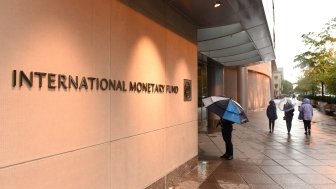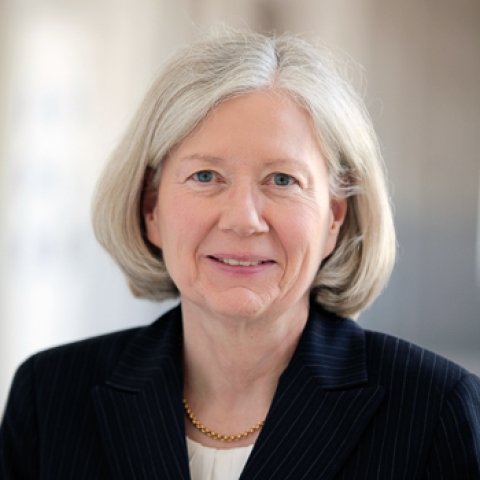Meg Lundsager
Public Policy Fellow
202/691-4172
Schedule an interviewProfessional Affiliation
Former U.S. Executive Director and Alternate Executive Director, International Monetary Fund
Expert Bio
Meg Lundsager currently consults on international economic, financial, and regulatory issues. While United States’ Executive Director on the International Monetary Fund Executive Board (2007-2014), she focused on achieving effective IMF input into lending programs in Europe, securing adequate IMF resources, supporting low income countries, and strengthening IMF oversight of exchange rate policies. She negotiated increased emerging market representation at the IMF and promoted enhanced ethical standards and internal oversight functions. As Deputy Assistant Secretary for Trade and Investment at the US Treasury Department (1996-2000), she negotiated multilateral financial services agreements and aspects of China’s entry into the World Trade Organization. She also analyzed portfolio allocation decisions of institutional investors as an Atlantic Fellow in London. She has a Masters in International Economics from the University of Maryland and a BA from American University.
Wilson Center Project
"Thoughts on an International Economic Agenda"
Project Summary
The global financial crisis revealed the deep economic and financial inter-linkages among countries, as well as the central role played by the United States in fashioning policies that underpinned the recovery. Now that the crisis atmosphere has abated, the role of these economic linkages in U.S. policy formulation and implementation is less readily apparent. While the American economy is gaining strength, much of the globe is now experiencing reduced or no growth. This situation creates a dual risk of two undesirable outcomes: (1) a higher risk that the global recovery will begin to stall, and (2) the corresponding risk that this global weakness will hamper U.S. prospects for sustaining strong economic growth. The project will explore the process for more deeply integrating international developments into U.S. economic policy formulation while utilizing more effectively international economic policy tools, including improved ways of working with other countries and the international financial institutions.
Insight & Analysis by Meg Lundsager
- Article
- Strategic Competition
360° View of World Bank, IMF and Ukraine Support in Supplemental Request
- By
- Mark Kennedy,
- Rory Linehan,
- Meg Lundsager,
- and 2 more
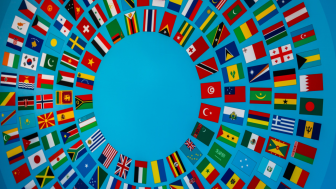
- Past event
- Strategic Competition
Between the Eagle and the Dragon: Challenges and Opportunities for South Korea in the US-China Competition
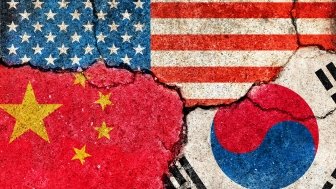
- Publication
- Strategic Competition
Between the Eagle and the Dragon (Essays)
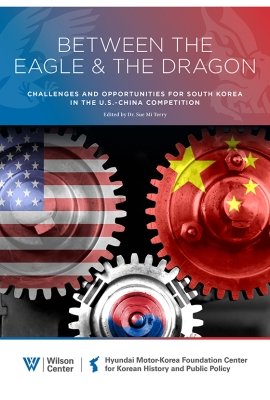
- Past event
- Geoeconomics
The Case For and Against Sanctions
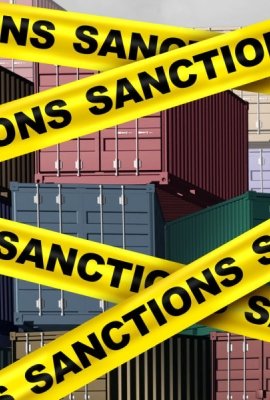
- Video
- Strategic Competition
Sanctioning Russia: Implications for the Global Economy
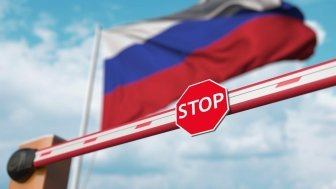
- Past event
- Digital Assets
Wilson Policy Briefing: Russia Sanctions, Financial Markets and Cryptocurrencies
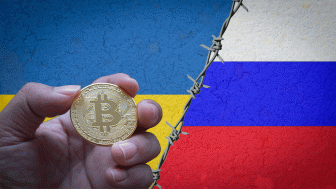
- Video
- Geoeconomics
Reviewing the World Bank-IMF Meetings: Challenges and Priorities
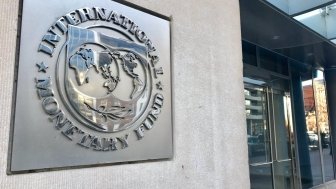
- Past event
- Geoeconomics
The IMF, World Bank, and the Economic Security Challenge
